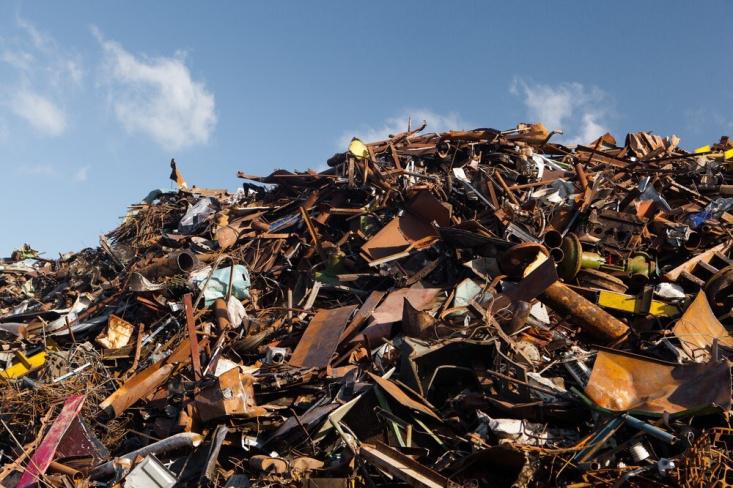What Do You Need To Know About Scrap Metal Recycling In Sydney?
- Written by NewsServices.com

Metals can be found everywhere. It’s in almost every product you use, from your brand-new air fryers to your five-year-old smartphone. Metal is a physical proof of how technology has evolved over the years, continuing to play a significant role in various industries. Metal recycling in Sydney plays a huge part in ensuring that there is always a steady supply for this material!
What Types Of Metal Can Be Recycled?
The remarkable thing about metal is that it can be recycled repeatedly without it losing its qualities. This sets it apart from materials like paper, which can only be recycled up to seven times before finally breaking down.
Overall, There Are About 95 Elements Classified As Metals On The Periodic Table; However, Only The Following Materials Are Commonly Recycled:
-
Steel
No metal in the world is more commonly recycled than steel. There are no numbers for Australia, but just to illustrate, North America alone obtains 80 million tons of recycled steel each year, dwarfing recycled plastic, paper, and glass. The metal is primarily used in food cans, cars, appliances, and construction materials.
Recycling a single ton of steel can save thousands of kilograms of iron ore, coal, and limestone. Not only that, but it can also reduce the amount of energy needed to mine for raw materials!
-
Aluminium
Though less widespread than steel, aluminium still plays a large role in the modern age. It can be found in power lines, consumer electronics, aircraft components, and even window frames and is the most abundant metal on Earth.
You’ll be surprised to find out that almost 75% of aluminium ever produced is still in use today, making it incredibly versatile.
-
Copper
Copper is known for its excellent electrical and thermal conductivity, making it the perfect material for plumbing tubes, small appliances, and electrical wires.
Recycling copper saves up to 90% of the energy needed to process virgin ore, plus it doesn’t pose any threat to plant and animal life.
How Metal Recycling In Sydney Works?
Metal Recycling Is Similar To Other Recycling Processes, Requiring The Guidance Of An Expert To Increase Efficiency. It Involves The Following Steps:
-
Collection of all materials made of metal
-
Sorting the metals according to recyclability (Generally, the material must be at least 50% metal for it to be considered worth recycling. Then, the metals are further separated into ferrous and non-ferrous categories.)
-
Processing the metals through squeezing and squashing to minimise the space taken up in conveyor belts
-
Shredding the metals into tiny pieces or sheets for further processing
-
Melting according to the different metals’ respective melting points
-
Purification of different metals according to their composition
-
Cooling and solidifying of the metal
-
Transportation to various factories and manufacturing facilities
The Importance Of Metal Recycling In Sydney
It’s no secret that metal recycling is essential to minimise the devastating effects brought by mining on the environment. Otherwise, excavation sites will end up destroying natural habitats and polluting the atmosphere. Plus, recycling fuels the economy and helps you save money in the long run!
Luckily, you don’t need to wait any longer to start metal recycling in Sydney. Instead, you can simply contact Metal Force Recycling at 0403191732 to get rid of all your scraps.





